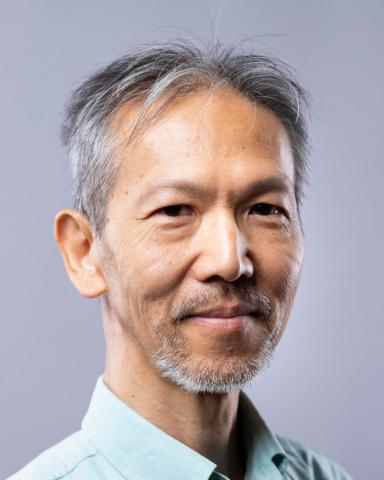
Masamichi (Marro) Inoue
Professor, Japan Studies
Faculty Director, International Village Living Learning Program
Contact Information
msinoue@uky.edu
1465 Patterson Office Tower
859-257-7024
Research Interests
- cultural anthropology
- Cultural studies
- Japan
- Okinawa
- the U.S.
Affiliations
- Japan Studies
- Masters in Teaching World Languages
- Modern & Classical Languages Literatures & Cultures
- Diversity and Inclusion
- Global Asias
- Foreign Languages and International Economics (FLIE)
